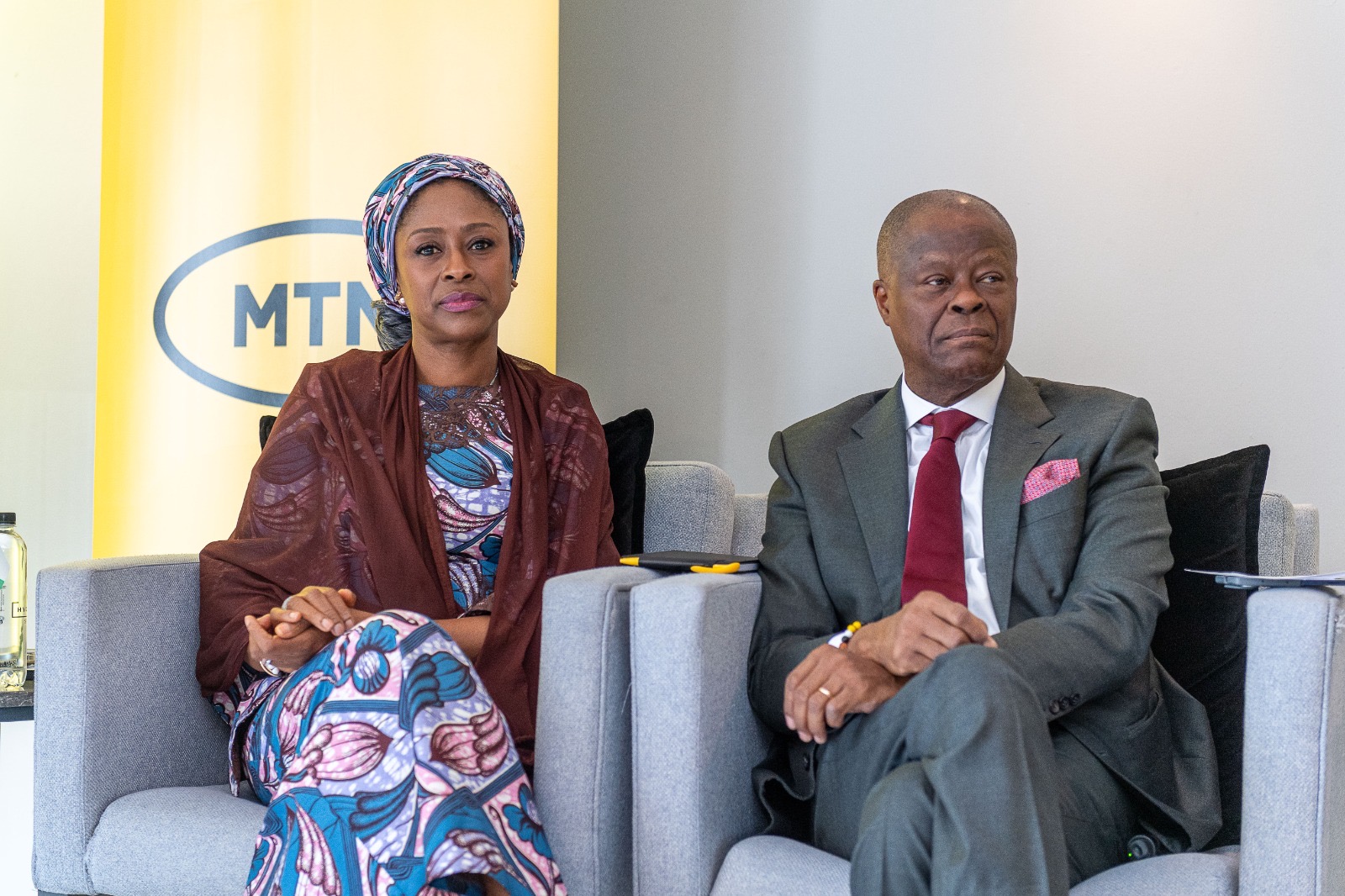- Africa faces global disruptions, including shifting trade rules, tighter capital flows, technology-driven labour changes, and climate financing gaps, requiring urgent economic reforms and regional collaboration
- Nigeria’s reform program since May 2023 has delivered macroeconomic stability through subsidy removal, forex liberalisation, tax reforms, and structural adjustments, resulting in GDP growth of 4.23% in Q2 2025, moderating inflation, and rising reserves
- Strong Nigeria–South Africa partnership and private-sector-led investment are seen as key drivers for industrial growth, job creation, and Africa’s long-term development trajectory
Africa must move decisively to accelerate economic reforms if it is to unlock sustained growth and withstand the pressures of a rapidly shifting global economy, Nigeria’s Minister of Finance and Coordinating Minister of the Economy, Wale Edun, said on the sidelines of the G20 Investment Breakfast Dialogue in Johannesburg, South Africa.
Delivering the keynote address at a forum convened by MTN, CEOs from across South Africa, the Nigerian Investment Promotion Commission (NIPC) and development partners, Edun said Africa is meeting at a moment of “profound global economic change” that demands coordinated action, deeper regional collaboration, and an investment climate built on stability and reform.
A global landscape in flux
Setting the global context, Edun outlined four major disruptions reshaping the prospects of developing regions. First, global trade dynamics are being rewritten, with the old rules that supported the rise of China, India, and Brazil changing rapidly. Second, capital flows to emerging markets have tightened dramatically. Many developing economies, he noted, now pay more in debt service than they receive in development assistance. Africa alone is estimated by the African Development Bank to be paying about $163 billion in debt servicing in 2024, while total foreign direct investment is less than $100 billion.
At the same time, technology is disrupting labour markets and reshaping the future of work — a worrisome trend for a continent where the median age is just 20 and millions of young Africans require jobs, skills, and opportunities.
Finally, he said the world faces a paradox of “insufficient resources to fight poverty, yet abundant resources to fight climate change” — resources that often bypass Africa, despite the continent being disproportionately vulnerable to climate shocks.
“These shifts mean one thing for Africa,” Edun said. “We must accelerate bold economic reforms and strengthen domestic resource mobilisation to finance investments, jobs, and long-term development.”

Nigeria’s reform path: Building a platform for growth
Using Nigeria as a case study, the minister said the country has embarked since May 2023 on a disciplined programme of reforms aimed at building a modern and competitive economy.
Nigeria’s strategy, he explained, rests on two pillars: establishing macroeconomic stability so private investment can thrive, and increasing government savings to expand investments in education, healthcare, and infrastructure.
To achieve this, the government implemented several difficult but necessary decisions, including the removal of fuel subsidies, liberalisation of the foreign exchange market, landmark tax reforms, and structural adjustments across energy, power, logistics, education, and industrialisation.
“All these reforms have one purpose,” Edun said, “to build a competitive economy where private capital is rewarded, innovation is encouraged, and businesses have the confidence to invest.”
Edun told investors that Nigeria is beginning to see clear signs of economic recovery and stabilisation. GDP grew by 4.23 per cent in Q2 2025, compared to 3.1 per cent in Q2 2024 and 2.51 per cent in Q2 2023. Inflation, though still elevated, has been moderating consistently since March 2025, reaching 16.05 per cent by October. External reserves have risen to $46.3 billion, and growth is increasingly broad-based, driven by trade, telecommunications, construction, and expansions in rail, electricity, and refining.
“These indicators carry a simple message,” the minister said. “Nigeria is more stable, more predictable, and more investable than it has been in many years.”
He acknowledged, however, that reforms have posed challenges for vulnerable populations. To cushion the impact, the government has expanded direct benefit transfers to 15 million households, with about 9 million already receiving cash support.
Nigeria–South Africa partnership central to Africa’s future
Edun stressed that Africa’s two largest economies must lead the continent’s drive toward investment, industrial growth, and job creation.
“South African companies have had a long, deep, and successful presence in Nigeria,” he said. “This is the moment to learn from the past and invest deeper—not retreat.”
He urged South African businesses to take advantage of Nigeria’s ongoing reforms and join the country’s new growth cycle.
“Nigeria is not only open for business — Nigeria is reforming to accelerate business,” he added.
The minister emphasised that sustained dialogue between the government, the private sector, and development partners is essential for unlocking Africa’s economic potential.
“Government’s role is to provide macroeconomic stability, invest in infrastructure and energy, ensure policy consistency and transparency, reduce the cost of doing business, and create an environment where capital can grow and scale,” he said.
Industry leaders and state governors echo confidence
Welcoming delegates earlier, MTN Group CEO Ralph Mupita described Nigeria as a “true African success story,” noting that the country accounts for 35–40 per cent of MTN’s business and serves 85 million customers.
He said MTN continues to support a strengthened Nigeria–South Africa business partnership through the bi-national commission, and he encouraged South African investors to leverage Nigeria’s reform momentum.

Similarly, NIPC’s Executive Secretary, Aisha Rimi, highlighted the economic transformation underway in Nigeria, crediting President Bola Ahmed Tinubu’s reforms for establishing the foundation for accelerated growth. Many of the long-standing issues affecting South Africa–Nigeria investment relations, she said, are now being addressed through the bi-national commission. Representatives from South Africa’s Department of Trade and Investment echoed this view.
Governors from Nasarawa, Gombe, Kaduna, and Plateau States also made presentations showcasing opportunities in agriculture, mining, transportation, and tourism. They noted that federal reforms have expanded fiscal space for state-level investment and enabled a pivot towards value-added industries rather than raw material exports.
In his closing remarks, Edun said Nigeria has “laid the foundation for a modern, resilient, private-sector-led economy,” with a medium-term ambition of achieving at least 7 per cent growth driven by private investment.





















